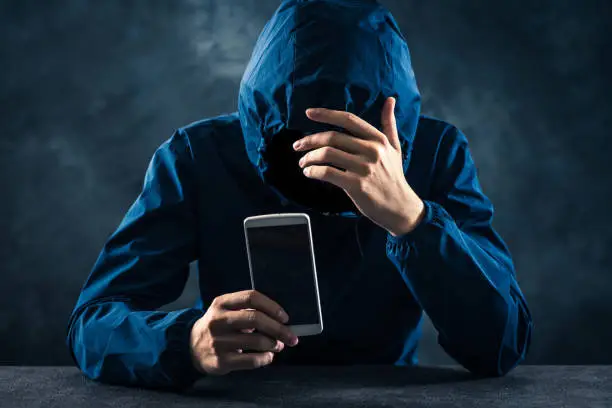The University of Technology in Sydney has recently released a statement to students addressing Sydney’s newest cyberthreat, juice jacking.
Public charging stations can be hugely convenient, but experts say that cybercriminals can exploit these stations for malicious purposes.
Anna Aquilina, Chief Information Security Officer at UTS, has released a message to all students warning of how this cyber-scam works, and what can be done to avoid being hacked.
“The port you use to charge your smartphone is the same one you can use to transfer data,” she said.
“Hackers could use that connection to steal data from your phone or tablet when you plug into free charging stations in public spaces, such as airports, coffee shops and hotel lobbies.”
In April of this year, both the American FBI and FCC also released public statements about the dangers of ‘juice jacking’.
“Think twice before using public charging stations,” the FCC said in a tweet.
“Hackers could be waiting to gain access to your personal information by installing malware and monitoring software to your devices.”
It is unclear what provoked both agencies to issue warnings at the same time, whether these USB cyberattacks have hit a spike or otherwise, it is important to stay vigilant and careful in using public charging spaces.
Following her warning, Anna also provided some helpful tips to avoid being hacked via these charging stations. She has suggested using data blocking adapters, using electrical outlets rather than the USB ports at charging stations, or finding an alternative charging source.
“Buy a portable charger and skip the charging stations” she said.

